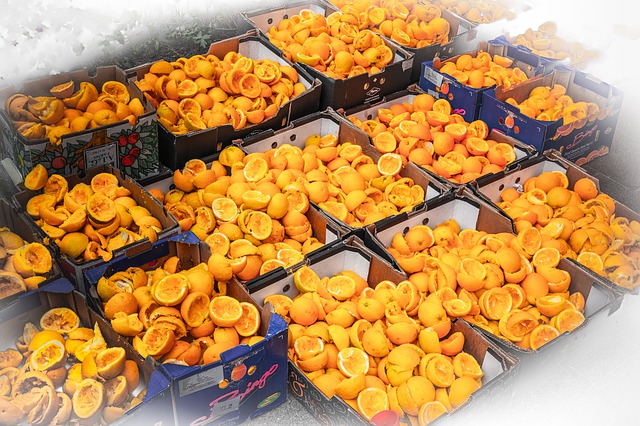

The amount of food that gets wasted or spoiled daily is enough to feed 20% of the world population say, experts. Food wastage is not only a problem of undeveloped countries, the United States and the UK also struggle with food wastage.
There is a difference between food spoilage and wastage. The term food spoilage occurs before food is processed why wastage occurs when the food gets to the supply chain and still don’t get consumed.
Food and water waste accounts for more than 10 million tonnes that end up in landfills in the UK.
These landfills emit toxic methane gas that poisons the atmosphere. It is the responsibility of every one of us to protect the environment. We can contribute to environmental protection by reducing food waste.
If you are wondering how you can reduce food wastage, check out some of the tips below
How to Reduce Food Waste?
Shop Smart
The best way to prevent wastage in the first place is to avoid excess. You should buy only the things you need. If you are an impulsive shopper, then you should consider making a list before you get to the store.
Take Inventory
Always be on point when it comes to your inventory. Check to find out which groceries are remaining in the house. You don’t want to buy more potatoes when you still have some leftover from the last time.
Consume Older Foodstuff First
Assuming you have some skimmed milk from the last month, in the refrigerator, it only makes sense to drink those first before opening the milk bottle from two days back.
When also shopping, you want to pick goods with an extended shelf life. You should buy the ones that expire in the next six months than settling for those that go out in a couple of weeks.
Use Everything
When cooking, instead of trimming away the stems and edges of your vegetables, you should toss in the whole plant. Broccoli stems and cucumber skins are also highly nutritious when included in your dish. Ask yourself if it is edible before throwing it away. Or you can use unused coffee grounds as a garden fertilizer or odor neutralizer.
Store Better
Poor food storage is one of the causes of food wastage. Perishable food products especially need to be stored properly. You can store perishable food in the refrigerator. You can also make use of other methods such as drying to prolong the shelf life of your spices and ingredients.
You can also make use of muslin bags to store fruits and vegetables to prevent them from rotting.
Freeze Your Food
Freezing is an effective way to store perishable foodstuff and avoid fast spoilage. To freeze fruits and vegetables, wash them first, and put small batches in the freezer. You can use them frozen to make smoothies or even cook them directly.
Use ice trays to freeze herbs or any liquid. If you have cooked a delicious tomato sauce, you can freeze it in small portions and use it for your next recipe.
Label the frozen food containers with the date and consume the ones you have frozen first. Once unfrozen, it is important to note that the food should not be frozen again.
Compost
Composting is an effective method to reduce the amount of kitchen scrap that ends up in your waste bin. Food waste such as fruit and vegetable scraps, eggshells, potato peels, and corn husk are all sources of rich plant nutrients.
Even though you do not want to make compost, you can donate your kitchen waste to a compost farm. They would be more than willing to help you repurpose your food waste.
Plan Your Meals
Prepare a weekly menu and buy products you will use for the week. Choose meals with seasonal ingredients, they will be fresher and cheaper to buy.
There are a lot of ways you can try to recycle your food waste and reduce environmental pollution, and being conscious about what you throw away is a step in the right direction.



